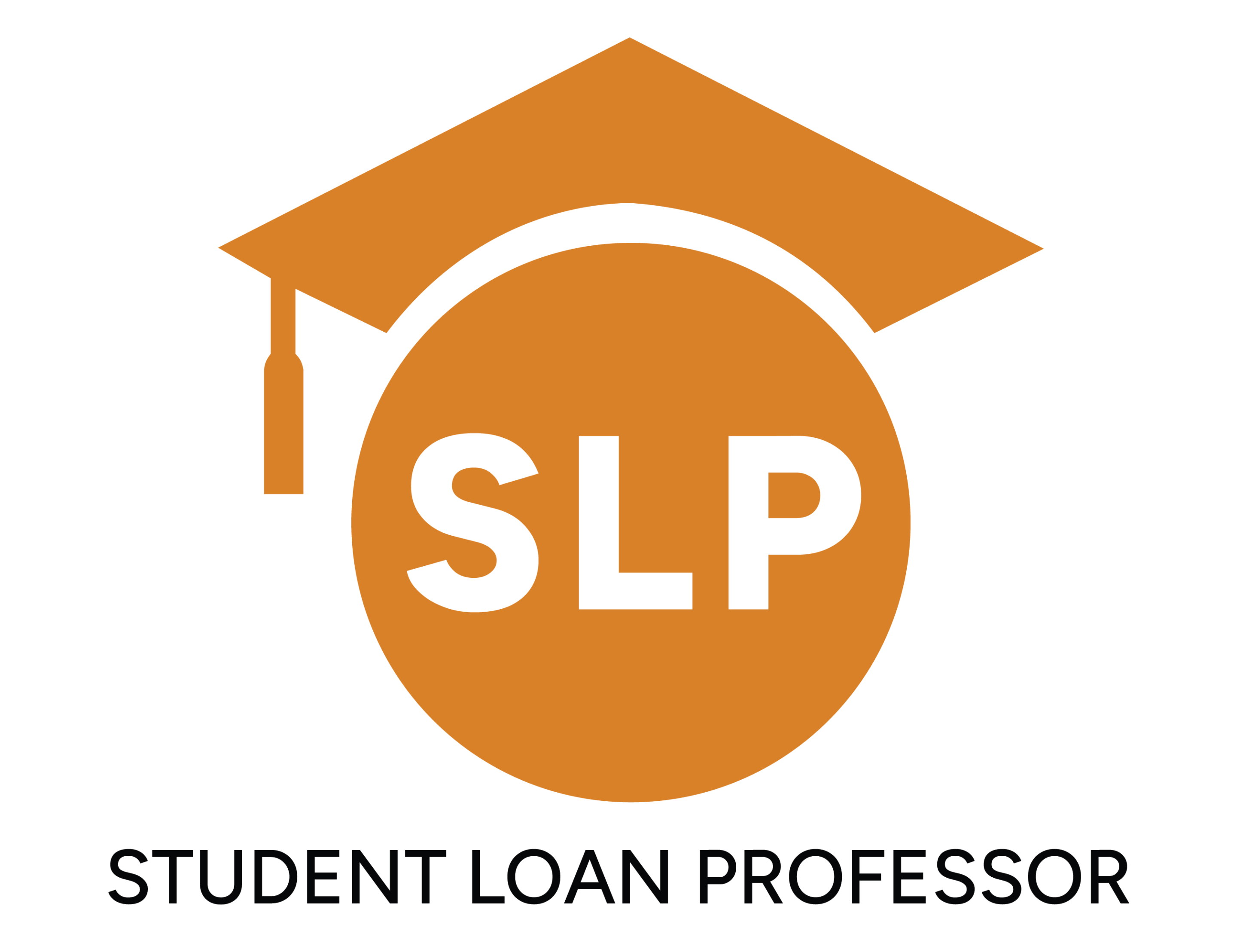After graduating, most student loan borrowers get a six to nine-month break before they’re expected to start paying back their loans. This student loan grace period gives them breathing room as they transition into working adults with monthly payments to meet.
If you’re entering your grace period, this article will be your guide. It explains everything to know about this critical time between your college graduation and your first payment.
Key Takeaways
- The type of federal student loan you get and the private student loan repayment option you choose determine whether interest accrues during your grace period.
- You can extend the grace period in two ways: by being called up for active military service or enrolling in a new course part-time before your grace period ends.
- Consolidating your student loans during the grace period can cut it short. Thus, it’s advisable to wait until it’s almost over before consolidating.
- Ways to prepare for the end of your grace period include reviewing your contact information, budgeting, setting up automatic payments, and exploring available forgiveness options.
Do All Student Borrowers Get a Grace Period?
Two factors determine whether a student loan includes a grace period: the loan type taken and the loan terms the borrower agrees to.
Excluding PLUS loans, all federal student loans provide a grace period. Direct subsidized and unsubsidized loans offer six months while (discontinued) federal Perkins loans give nine months of grace.
While PLUS loans don’t include grace periods, they do offer a six-month deferment period during which the borrower can temporarily postpone payments. It automatically applies for Graduate PLUS loans, whereas Parent PLUS loan borrowers must apply for deferment.
Meanwhile, private lenders offer various repayment plans whose terms determine whether you get a grace period. If you sign on for the immediate repayment plan, you’re expected to make student loan payments while attending college.
You can find out whether your student loan has a grace period by logging into the account you created with your loan servicer. Visit StudentAid.gov if you borrowed federal loans to learn when your next payment is due (and when your grace period ends).
Does Interest Accrue During the Grace Period?
Again, the answer depends on your loan type (federal loans) or loan terms (private loans).
If you took a subsidized federal student loan, interest won’t accrue during your grace period. The Department of Education will handle the interest payments throughout college and up until it elapses. However, the same doesn’t apply to direct unsubsidized or PLUS loans.
Private lenders let you choose whether to pay interest or defer it until your deferment period ends. For example, if you choose an interest-only repayment option, you’ll start paying the interest on your private student loan while in school. In contrast, a fully deferred repayment option lets you hold off on paying both the principal loan and its interest.
It’s worth noting that federal and private loans are susceptible to interest capitalization, which involves adding the accrued interest to the principal. You can minimize its effect by proactively paying down the interest during your grace period.
Extending the Grace Period
If you’d like to extend your grace period, there are a couple of ways to do it, including:
- Enrolling in School At Least Part-Time: You must do so before the grace period ends. When you enroll, you’ll get a fresh six-month grace period once you graduate.
- Being Called Into Active Military Service: If you’re called for 30 days or more before your grace period ends, you’ll be eligible for a fresh six-month grace period at the end of your service.
Forbearance and deferment are two alternative methods for extending the time you have before you must repay your loan. Both suspend principal payments while in effect, though interest will continue to accrue.
Check out our guide to forbearance and deferment to learn the difference between and eligibility criteria for the two methods.
Loan Consolidation During the Grace Period
Student loan consolidation can be an excellent way to streamline the repayment process by combining multiple federal loans into one.
However, it can have the unintended consequence of cutting your grace period short, as your first payment will fall due within 60 days of the consolidation.
If you plan on consolidating your federal loans after graduating, don’t do it too early in your grace period. Loan consolidation towards the tail end of your grace period is a smarter bet that’ll buy you 60 extra days before repayment.
How to Prepare for Life After Your Grace Period
Once your grace period ends, your new life will involve monthly payments toward your student loan debt for the foreseeable future. You can prepare for this in the following ways:
Review Your Student Loan Account Information
Log into your online account with your loan servicer and ensure that the contact information you provided is up to date. This is especially important if you’ve changed addresses or phone numbers after leaving college.
Set Up Auto Payments
Automate your payments to get the discount your loan servicer offers. Federal loans offer a 0.25% interest rate reduction when you do. The practice also helps you avoid paying late and damaging your credit score.
Budget
Don’t assume you can afford your monthly payments. Instead, log into your student loan account to confirm the cost.
Knowing what you’re expected to pay monthly will help you determine whether your income will be sufficient to cover your living expenses and debt. You can use this information to budget and recalibrate your spending.
If you learn that your wages can’t service your loan and cover your bills, consider applying for income-driven repayment.
Explore Your Forgiveness Options
Working as a teacher or government employee makes you eligible for student loan forgiveness. If you aspire to a career in either field, research how to qualify for such programs during your grace period.
Make the Most of Your Student Loan Grace Period
Student loan grace periods give fresh graduates breathing room to get their affairs in order before paying their debts. That said, the many moving parts involved in making the most of this short break can overwhelm many borrowers.
However, getting expert advice can help you make the best use of your grace period and set you up for stress-free repayment. Contact StudentLoanProfessor to schedule a free consultation today!
Brandon Barfield is the President and Co-Founder of Student Loan Professor, and is nationally known as student loan expert for graduate health professions. Since 2011, Brandon has given hundreds of loan repayment presentations for schools, hospitals, and medical conferences across the country. With his diverse background in financial aid, financial planning and student loan advisory, Brandon has a broad understanding of the intricacies surrounding student loans, loan repayment strategies, and how they should be considered when graduates make other financial decisions.



![Our Honest Thoughts On Aidvantage Student Loans [For 2025]](https://www.studentloanprofessor.com/wp-content/uploads/2024/10/SLP_fallback_2-no-logo-400x250.jpg)

